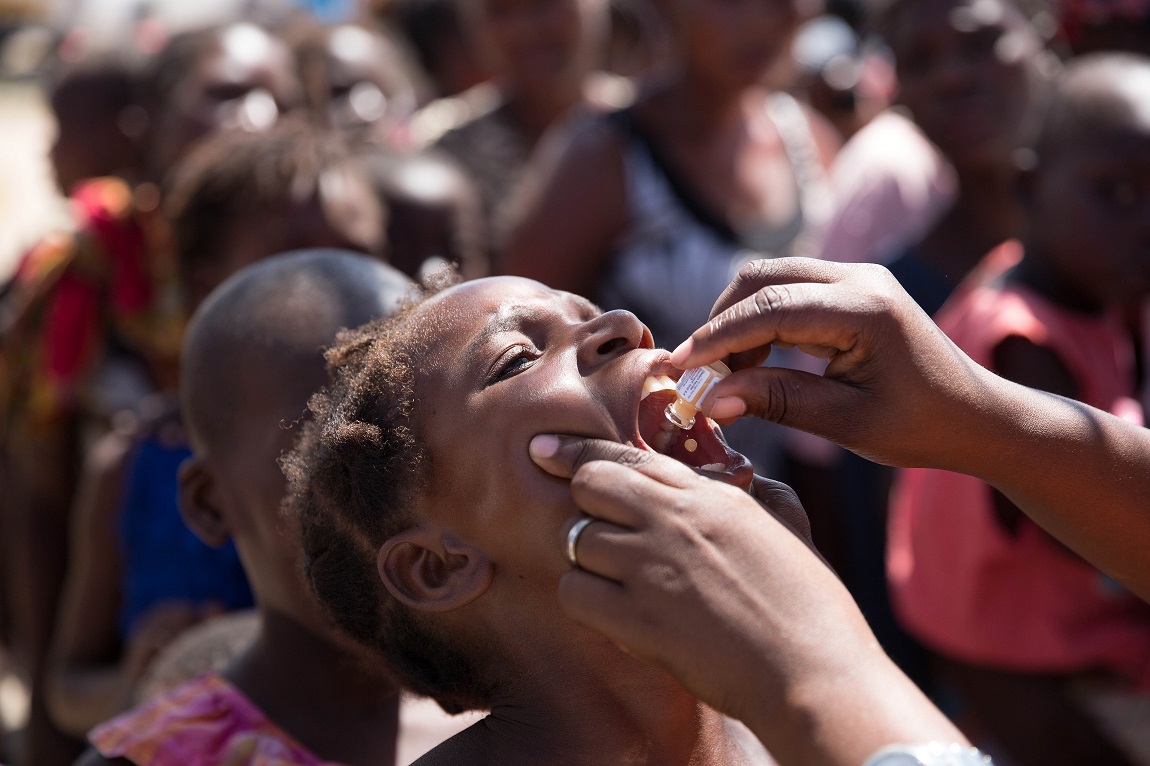
The damage from Cyclone Idai is still growing. The cyclone is labeled the deadliest storm to hit Mozambique in the last 30 years, according to AccuWeather research. Cholera concerns and missing people make up some of the problems facing those affected.
Aftermath
Cyclone Idai hit Mozambique, Malawi
A United Nations Children’s Fund (Unicef) statement said that an estimated 3 million people – mostly children – are in urgent need of humanitarian assistance. This is across the three affected countries. Unicef launched an appeal calling for $122 million to support a response to the cyclone and its aftermath.
“The massive scale of the devastation wrought by Cyclone Idai is becoming clearer by the day,†said UNICEF Executive Director Henrietta Fore. “The lives of millions of children and families are on the line, and we urgently need to mount a rapid and effective humanitarian response across all three countries.â€
Damage and reconstruction
In Mozambique – worst affected – 1.85 million people are in need of assistance according to the United Nations Office for the Coordination of Humanitarian Affairs (UN-OCHA). There is significant infrastructure damage with many crops destroyed in the flooding. According to Unicef in
Nadia Samie-Jacobs, communication officer for Unicef Africa told The Daily Vox that water production services are mostly up and running but agriculture is of huge concern. There was the destruction of over 700 000 hectares of land just before harvest time. This could lead to food insecurity problems.
Gert Verdonck, Doctors Without Borders (MSF) emergency coordinator for Beira says there has been an impressive response in getting the water and electricity systems back up. Verdonck said
He adds: “The health system in Beira and Sofala province has made an enormous effort to respond to all the different needs. MSF is supporting the Ministry of Health on the medical side, as the needs are so overwhelming and out of the scope of anybody’s capacity to attend them all at the same time.â€
Cholera outbreak fears
With data from March 27 from the government of Mozambique, the death toll stands at 468 with 1522 people injured. The medical needs of people in Beira are expected to increase as time goes by. One of the main medical concerns is a possible cholera outbreak as a few cholera cases have appeared. After the Health Ministr confirmed five cases of cholera, the United Nations (UN) began testing the water in Beira.
Humanitarian
The state Ministry of Health, WHO, UNICEF and MSF have worked with partners to set up cholera treatment centres to support and treat severe cases. Samie-Jacobs says at the moment there are 1741 confirmed cases of cholera but the number changes daily. In Beira there are 1449 cases and one death, 158 cases in Nhamatanda, and 134 cases in Dondo with one death.
“The procurement of vaccines is one of several approaches UNICEF and its partners are taking to curb the spread of cholera, along with re-establishing water treatment systems and distributing water purification products,†said Michel Le Pechoux, the Deputy Representative of UNICEF Mozambique.
Cholerais a disease which can kill a healthy person within hours if it is left untreated. According to
“Because Cholera is an acute diarrhoeal disease which can spread very quickly, we are also working on the ground to raise awareness around crucial hygiene practices. We have created radio spots on cholera, diarrhoea and hygiene. These are being translated into local languages, to be broadcast on radio in the affected districts,†said Samie-Jacobs.
Vaccination Campaign
According to Unicef Africa, the vaccination campaign has been planned for 5 days (3-7 April) in Beira, 4-8 April in Dondo, Buzi and Nhamatanda districts. The MSF teams have treated patients suspected of having cholera in the Munhava and Chingassura treatment units and Macurungo treatment centre in Beira.
The health system has to deal with an increase in patients with the prevention of malaria and malnutrition needing to be monitored Verdonck says. “As there is a high HIV prevalence, their needs to be addressed quickly to not disrupt treatment. On the longer term, psychosocial issues need to be addressed as this was a very traumatic experience for everyone,†Verdonck said.
Missing People
Along with the many medical emergencies arising, Human Rights Watch (HRW) have now pointed to a new crisis. According to HRW thousands are missing in Mozambique. Many people in the relief
International Red Cross has set up a website to help people in affected areas of Mozambique, Zimbabwe, and Malawi. HRW is calling on the government of Mozambique to set up a database to help reconnect missing people with their families.
To help the survivors of Cyclone Idai, you can donate to the Unicef and MSF humanitarian aid missions currently on the ground.








